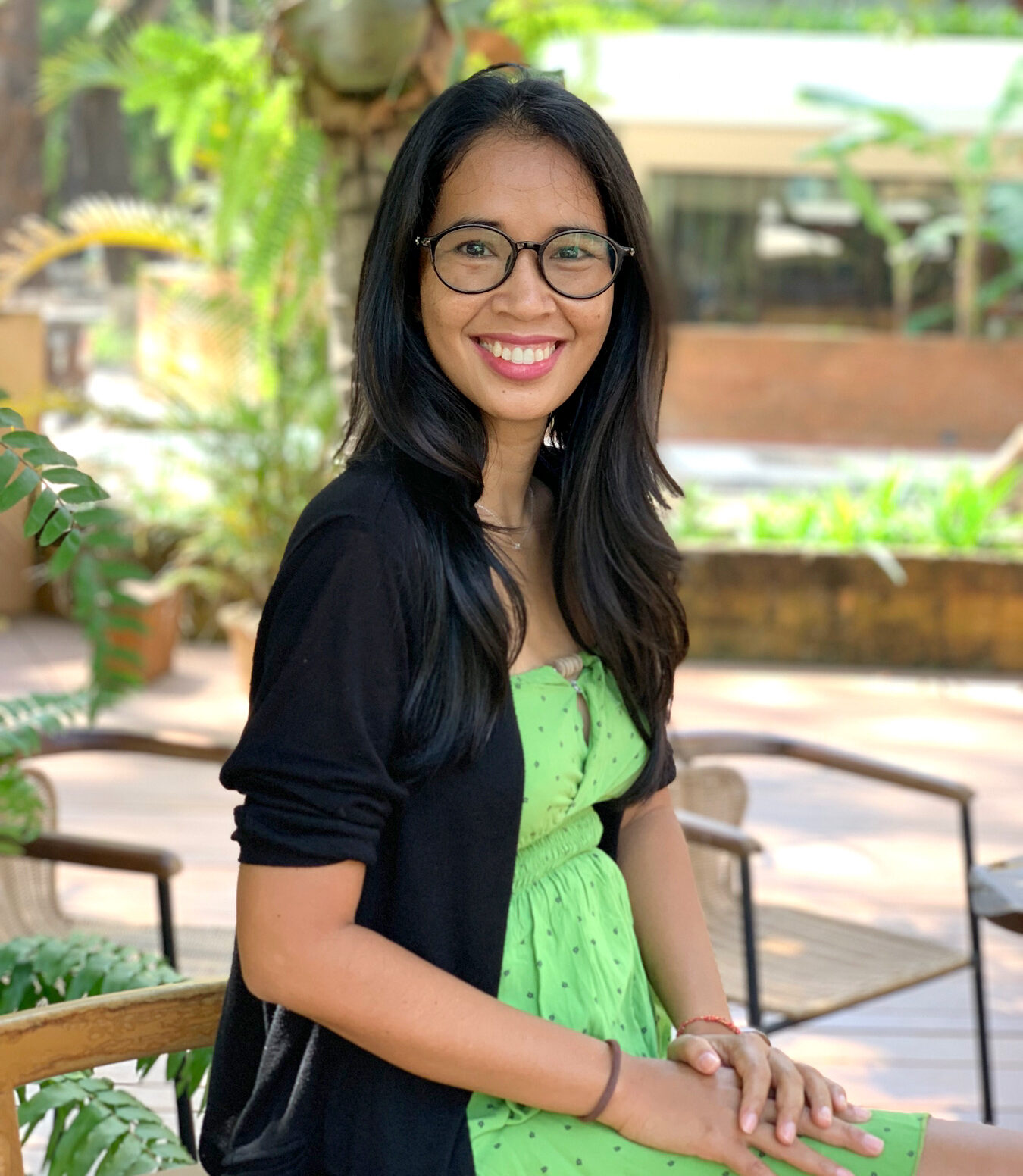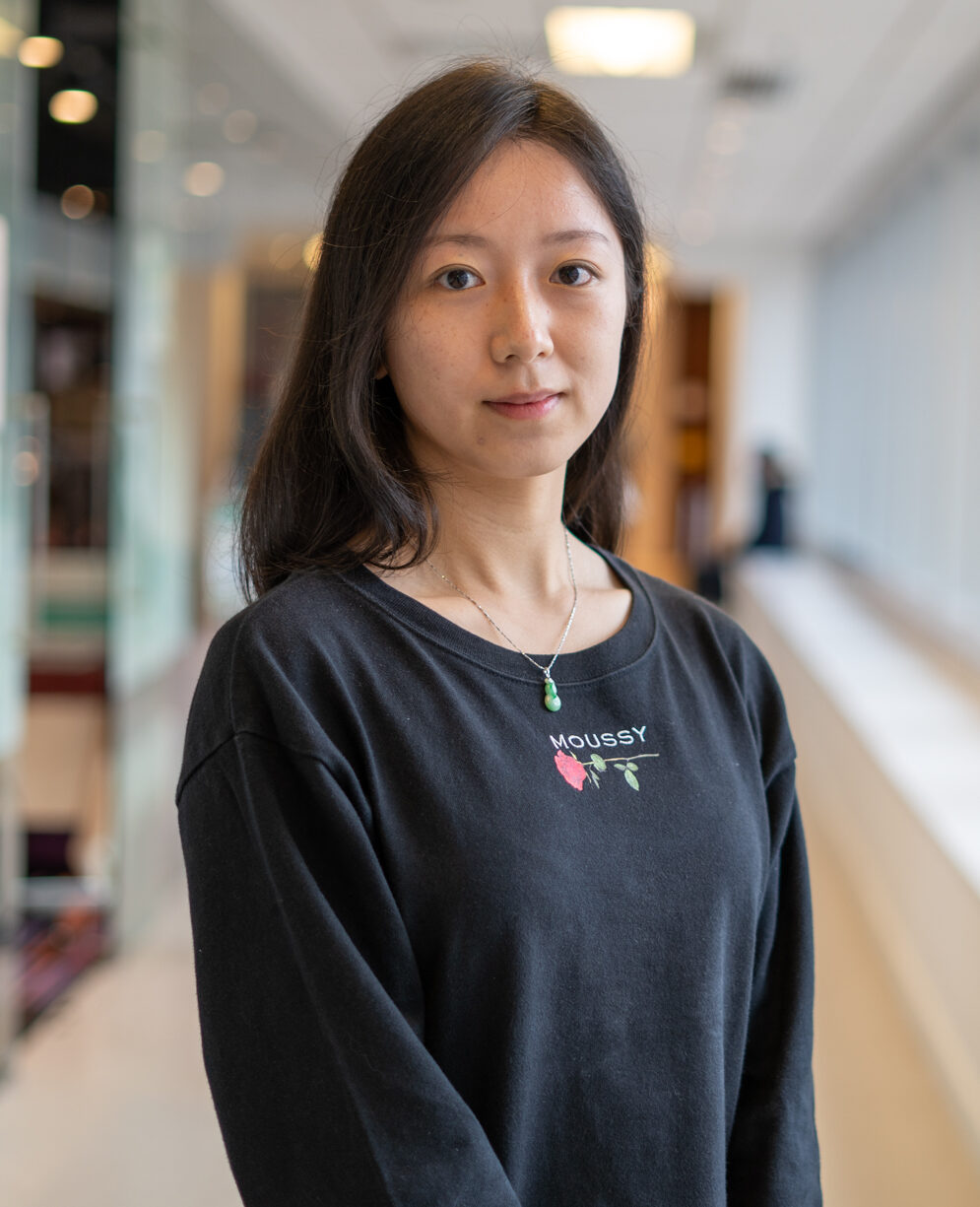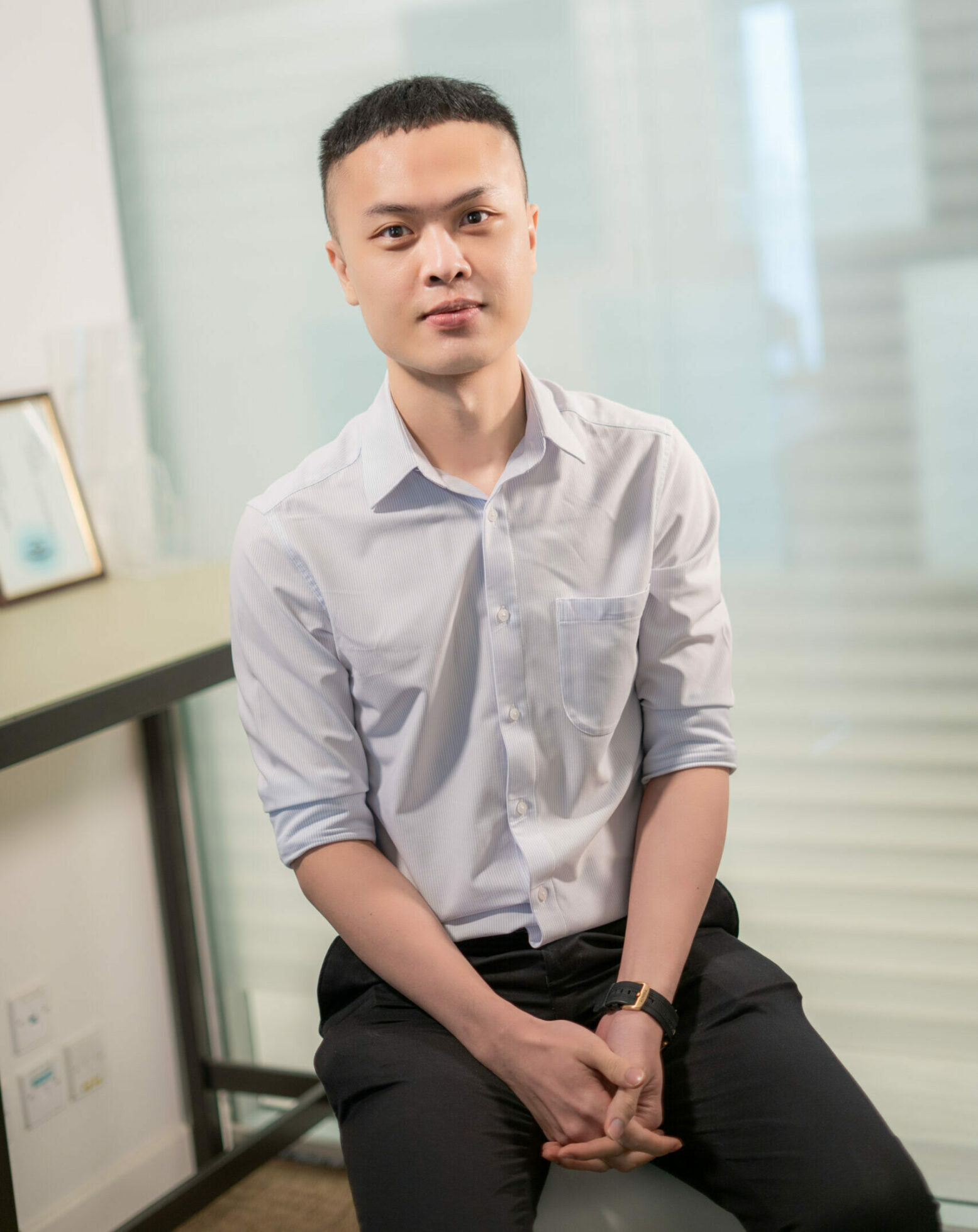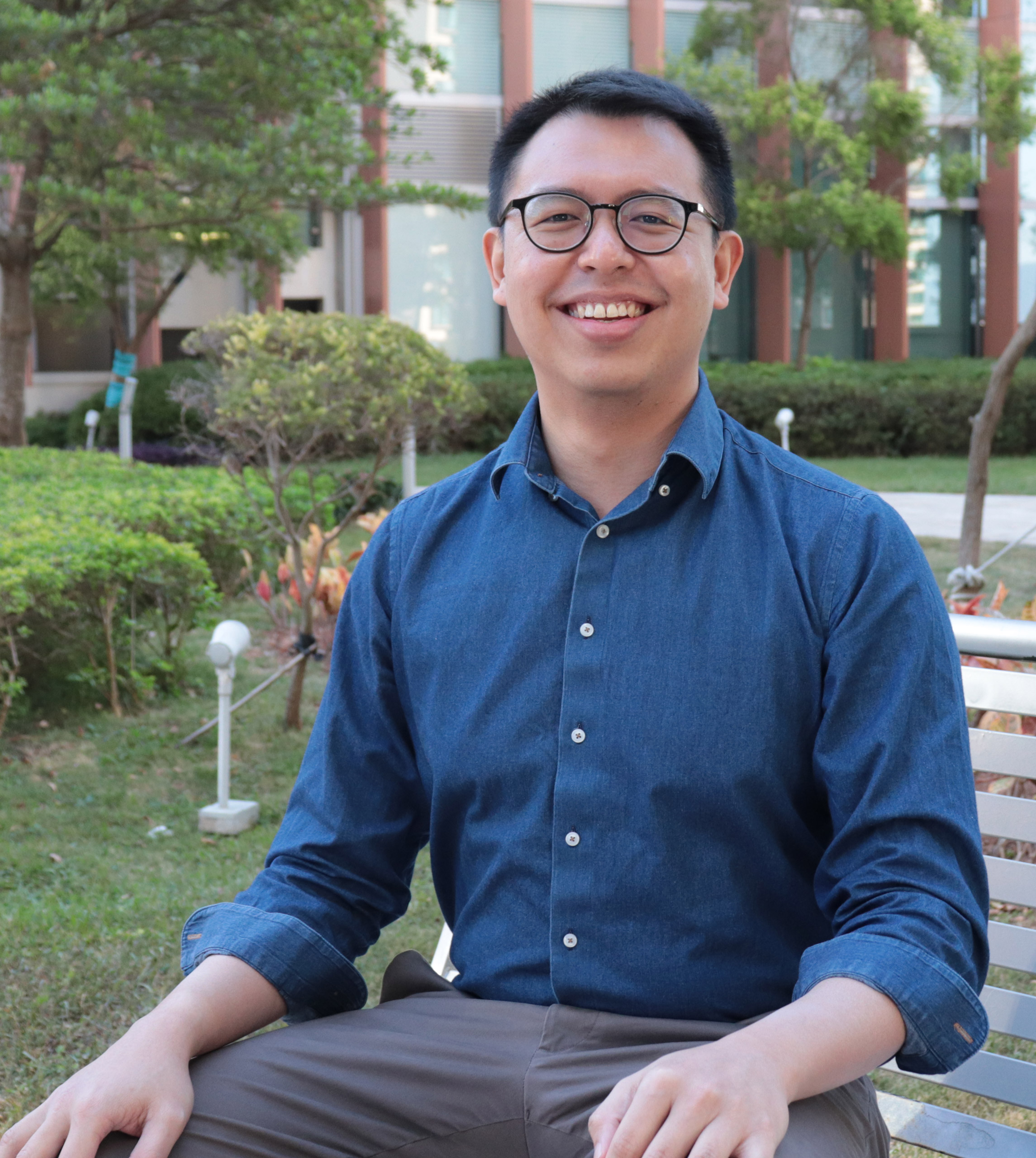Before coming to HKU SWSA, my social work journey has been lasting seven years. During my BSW and MSW study, I was always passionate to embrace any social needs and challenges. While equipping myself with theoretical knowledge, receiving A-level grades and National Scholarships in schools, I had several social work experiences in different settings, including designing service-learning projects to empower the undergraduates and promote social innovation in the campus; conducting group and community work to improve social inclusiveness of the mentally disabled and elder people; co-founding a NGO and supervising localized projects in the minority area; enhancing the understanding about nonprofit management, organizational governance, crowd-funding, social media promotion and project evaluation in the renowned social organizations such as Shanghai Charity Foundation, NPI and Shegongke Social Innovation Center.
Since 2014, I have been trying to balance the roles as both a social work student and a social change maker. Supported and inspired by the pioneers and tutors in colleges and working places, my previous experiences, on the one hand, narrow down my research interests in especially nonprofit management, social innovation and community-based social services; on the other, all the insights further shape my personal goals – to share my stories about social work, influence more promising young generations, and lead them to create better social well-being system, as well as greater social change.
While I clearly possessed a drive to become a social work educator, I had no idea how to go further. HKU SWSA met me exactly where I was, by providing a perfect environment for me to learn new academic and practical skills that refine my passion and realize my goal. SWSA combines both international advanced perspectives and localized practical wisdom, which made enormous contributions to and huge impact on the historical development of Chinese social work and social welfare in the past spectacular 71 years since 1950. Considering the distinguished alumni, quality teaching, excellent research output and international impact, HKU SWSA has been the best fit for me to achieve the advanced study.
Until now, my experiences here in SWSA has been simply amazing. I have gained so much knowledge about the advanced research methods to improve my own research, the multidisciplinary lens to build broader social network, the fruitful discussions and suggestions from my supervisors, and the abundant opportunities (e.g. student-led journal club, cooperative projects) to communicate with excellent peers, professors and external stakeholders (e.g. local NGOs and social enterprises). SWSA provides a solid learning platform that empowers me to relentlessly pursue my calling in the profession. I appreciate it a lot and will continue keeping the spirit of academic and professional excellence of the department in next decade of social work journey.






